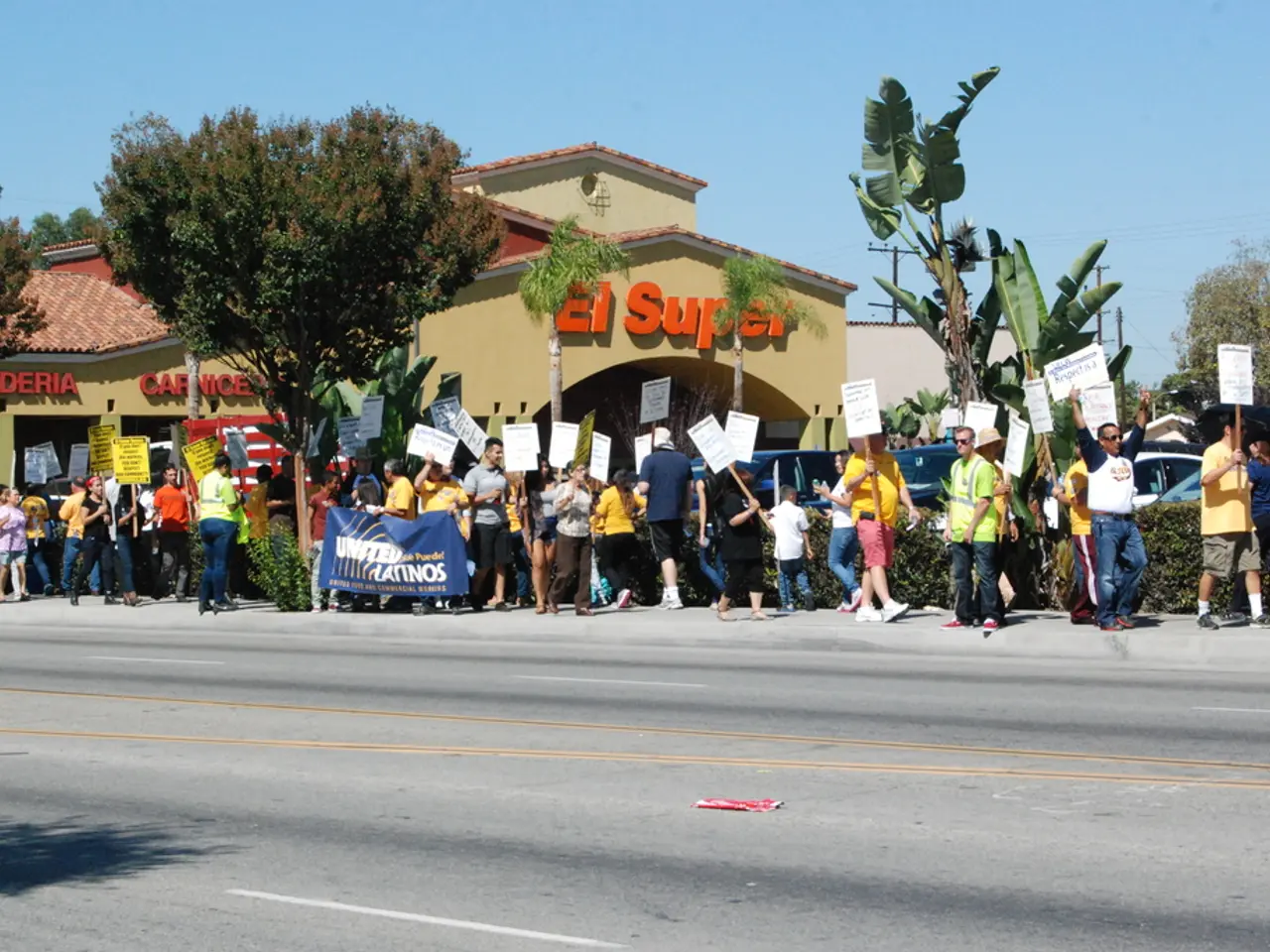Democratic lawmakers urge Republicans to accept budget proposal, which incorporates increased funding for SEPTA transportation.
Budget Impasse Threatens Pennsylvania's Public Transportation and Infrastructure
A budget impasse in Pennsylvania is causing a standstill in funding for SEPTA, the regional public transit agency, and road and bridge projects across the state. This impasse, now five weeks overdue, has sparked concerns among lawmakers and residents alike.
The deadlock is primarily due to disagreements between the state Senate, controlled by Republicans, and the House and Governor Shapiro, both Democrats, over how to address the state's massive budget deficit and allocate transit funding.
Key reasons for the impasse include disagreements over funding sources and budget balance. Governor Shapiro’s 2025–26 budget proposed a $300 million bailout for SEPTA included in a $51.5 billion budget plan, but both Shapiro’s and the House’s budget proposals do not sufficiently address the state’s large deficit, making them non-starters for the Senate Republicans.
The Senate proposed a transit funding bill and budget that House Democrats voted down along party lines. The Senate plan involves using capital funds flexibly, performance reviews, and mandatory fare increases every two years, which SEPTA leaders criticize as unsustainable.
Democratic lawmakers have rejected the Senate’s short-term funding plan as inadequate and have advocated for a comprehensive budget solution that includes a proper bailout for SEPTA and addresses the overall state budget deficit. However, no bipartisan agreement has been reached so far.
SEPTA has announced that if state funding isn't available by Aug. 14, service cuts will begin on Aug. 24, threatening about 20% of SEPTA services and a 20% fare increase. State Rep. Chris Pielli has gone so far as to call the situation "criminal" and a crisis that Republican politicians must be held responsible for.
Eight Chester County Democratic lawmakers and other dignitaries held a press conference at SEPTA's West Chester Transportation Center, urging residents to contact senators directly and lobby for SEPTA, bridges, and road funding. State Rep. Melissa Shusterman, whose district includes the Paoli-Thorndale R-5 Line, which could be shut down, emphasized the importance of public transportation for the region's vitality.
State Rep. Kristine Howard points out that some Republican senators view the southeastern section as not needing funding. In response, State Rep. Chris Sappey expressed surprise at the notion that public transportation doesn't impact rural areas.
The Democratic-controlled House has presented four bills that would fund SEPTA and PennDOT, balance the budget, and impose no tax increase. However, Republican senators have yet to vote on an overdue budget.
State Rep. Danielle Friel Otten uses her personal experience as a SEPTA rider to highlight increased traffic as a potential consequence. SEPTA General Manager Scott Sauer emphasized the agency's need for a sustainable operational funding solution. While about $417 million of state funds is for capital projects, these take decades and require federal matching funds, so capital money cannot be readily diverted to cover operating costs without jeopardizing system safety and long-term investments.
State Sen. Katie Muth's statement expands the impact of the budget impasse, affecting all 67 counties in Pennsylvania. Chester County Commissioner Marian Moskowitz, who is Vice Chair for SEPTA, stated that seniors, workers, and students would all be impacted. State Sen. Katie Muth referred to the budget impasse as a "hostage situation," and State Rep. Dan Williams compares the Republican senators' inaction to a loud scream, implying its significance.
In summary, the budget impasse stems from partisan disagreement over fiscal priorities and deficit management, paralyzing funding for transit and forcing SEPTA into difficult choices—service cuts and fare hikes—which Democrats oppose, seeking a more sustainable and fair solution for transit funding in Pennsylvania.
Read also:
- Court petitions to reverse established decision on same-sex marriage legalization
- Trump's enforcement actions in Washington D.C.: Insights from the political arena
- Chinese Ambassador issues stern message to India regarding Trump's tariffs in midst of escalating trade feuds
- Aircraft collides with another one on the runway during landing at Montana airport, igniting flames








